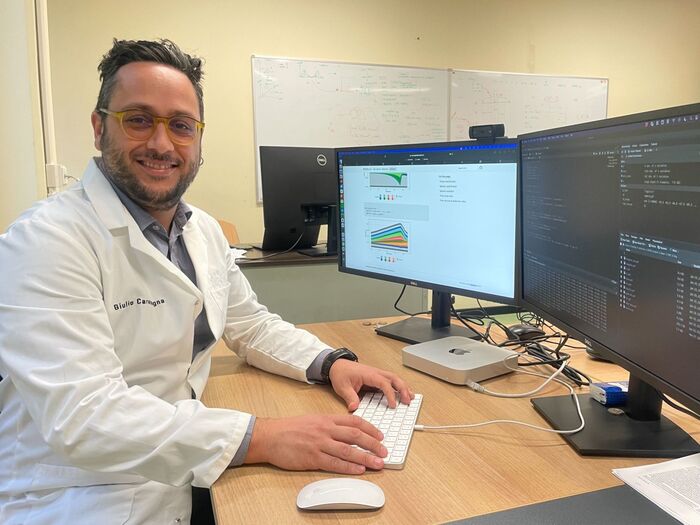A new algorithm to make the analysis of complete genome sequencing carried out with whole genome sequencing techniques in patients with blood cancers more accurate has been developed by researchers from Genomics England, University of Trieste and Great Ormond Street hospital for children of the NHS foundation trust. The study, published today in Nature Communications, applied data science to DNA sequencing to more precisely understand the evolution of the neoplasm and define targeted therapies.
The algorithm aims to more precisely interpret sequencing data in cases where samples of ideally healthy cells are contaminated by diseased ones. Bioinformatic procedures can encounter problems in this process, particularly in the case of blood cancers. The Tumor in normal contamination assessment algorithm helps to establish the percentage of tumor cells present in the normal sample, so that, in the presence of a high level of contamination, an alternative analysis flow to the standard one can be activated.
The researchers tested Tinc, which has become part of the work tools of Genomics England, using the sequencing data collected as part of the large-scale “100 thousand genomes” project, and compared the data processed by the algorithm with those obtained through standard technologies used for testing for residual disease in blood cancers.
“Projects that use sequencing technologies on a large scale to study oncological diseases have revolutionary potential”, says Giulio Caravagna, professor of computer science at the University of Trieste and head of the Cancer data science laboratory, supported by the Airc Foundation for research about cancer. “However – he continues – the use of innovative technologies such as whole genome sequencing requires equally innovative analysis tools”.
“The implementation of the Tinc algorithm in the Genomics England pipeline – explains Alona Sosinsky, scientific director of the oncology sector of the British public company – has allowed us to improve the accuracy of genomic tests for patients with blood cancers. This project it is a successful example where data generated by a large-scale sequencing project is interpreted using advanced analysis techniques, to obtain more precise tools.”
breaking latest news © Copyright ANSA
